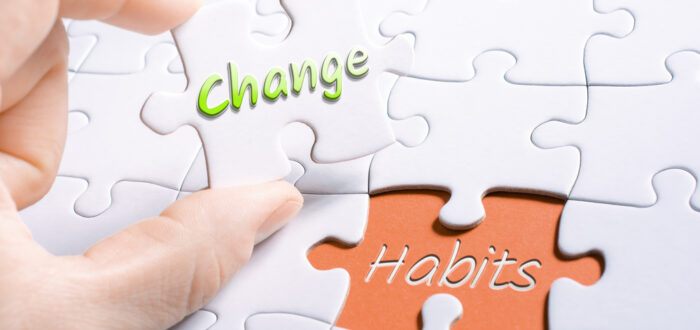Noise-induced hearing loss (NIHL) is a common and preventable form of hearing impairment caused by exposure to loud noises over time. Fortunately, adopting simple daily habits can significantly reduce the risk of NIHL and preserve your auditory health for years to come.
5 Habits To Help Prevent Noise-Induced Hearing Loss
Here are some effective habits to incorporate into your daily routine.
Mindful Listening Practices
Rather than simply enduring loud environments, practice mindful listening by actively monitoring and regulating your exposure to noise throughout the day.
- Use Ear Protection: When exposed to loud noises such as concerts, sporting events, or power tools, wear earplugs or earmuffs to reduce the intensity of sound reaching your ears.
- Take Listening Breaks: Give your ears periodic breaks from noisy environments to allow them to recover and reduce the risk of overexposure to loud sounds.
Volume Control on Personal Audio Devices
Listening to music or other audio content through headphones or earbuds at excessive volumes can damage your hearing over time. Practice volume control to protect your ears.
- Follow the 60/60 Rule: Listen to personal audio devices at no more than 60% of the maximum volume for no more than 60 minutes at a time to minimize the risk of NIHL.
- Use Noise-Canceling Headphones: Invest in noise-canceling headphones, which can block out background noise more effectively, allowing you to listen at lower volumes.
Environmental Modifications
Make simple adjustments to your environment to minimize exposure to loud noises and create a more hearing-friendly space.
- Reduce Background Noise: Lower the volume of televisions, radios, and other background noise sources in your home or workplace to create a quieter environment.
- Soundproofing: Consider implementing soundproofing measures in your home or office, such as installing carpets, curtains, or acoustic panels, to dampen noise and reduce reverberation.
Healthy Lifestyle Choices
Maintaining overall health and well-being can also contribute to preserving your auditory health and reducing the risk of NIHL.
- Avoid Excessive Alcohol Consumption: Excessive alcohol consumption can impair auditory function and increase susceptibility to noise-induced damage. Drink alcohol in moderation to protect your hearing.
- Quit Smoking: Smoking has been linked to an increased risk of hearing loss. If you smoke, consider quitting to reduce your risk of developing NIHL and other health complications.
Regular Hearing Check-ups
Schedule regular hearing evaluations with a qualified audiologist to monitor your auditory health and detect any signs of hearing loss early on.
- Annual Hearing Tests: Undergo comprehensive hearing tests annually, especially if you work in a noisy environment or have a history of significant noise exposure.
- Consultation with your local hearing specialist: Consult with your local hearing clinic to discuss your hearing health, receive personalized recommendations for hearing protection, and address any concerns or questions you may have.
Incorporating these daily habits into your routine can go a long way in preventing noise-induced hearing loss and preserving your auditory health for years to come. By taking proactive steps to protect your ears from excessive noise exposure and adopting healthy lifestyle choices, you can enjoy a lifetime of clear and vibrant hearing.
Need Help? Have a Question? Contact Us Today!
At the Regional Hearing & Balance Center, your health and well-being are our top priority. If you have more questions or concerns about the potential impact of ear infections, don’t hesitate to reach out to our expert team. Call us at 208-497-3596 or click here to book a complimentary hearing assessment.


Recent Comments